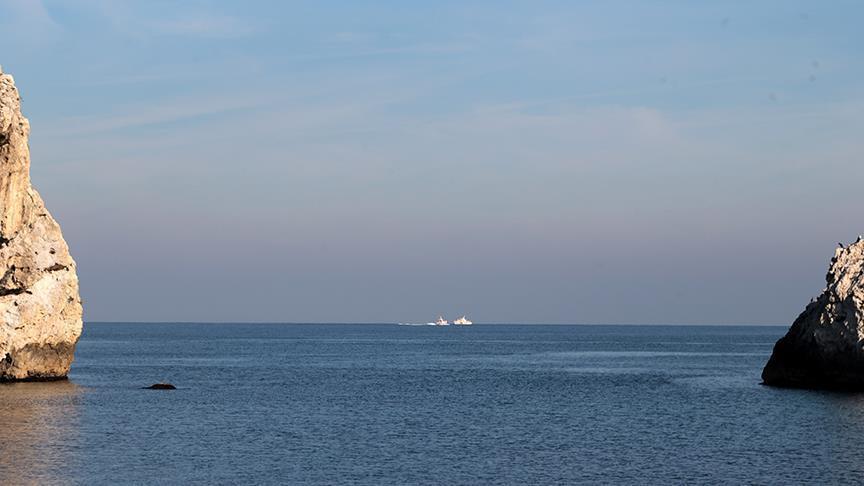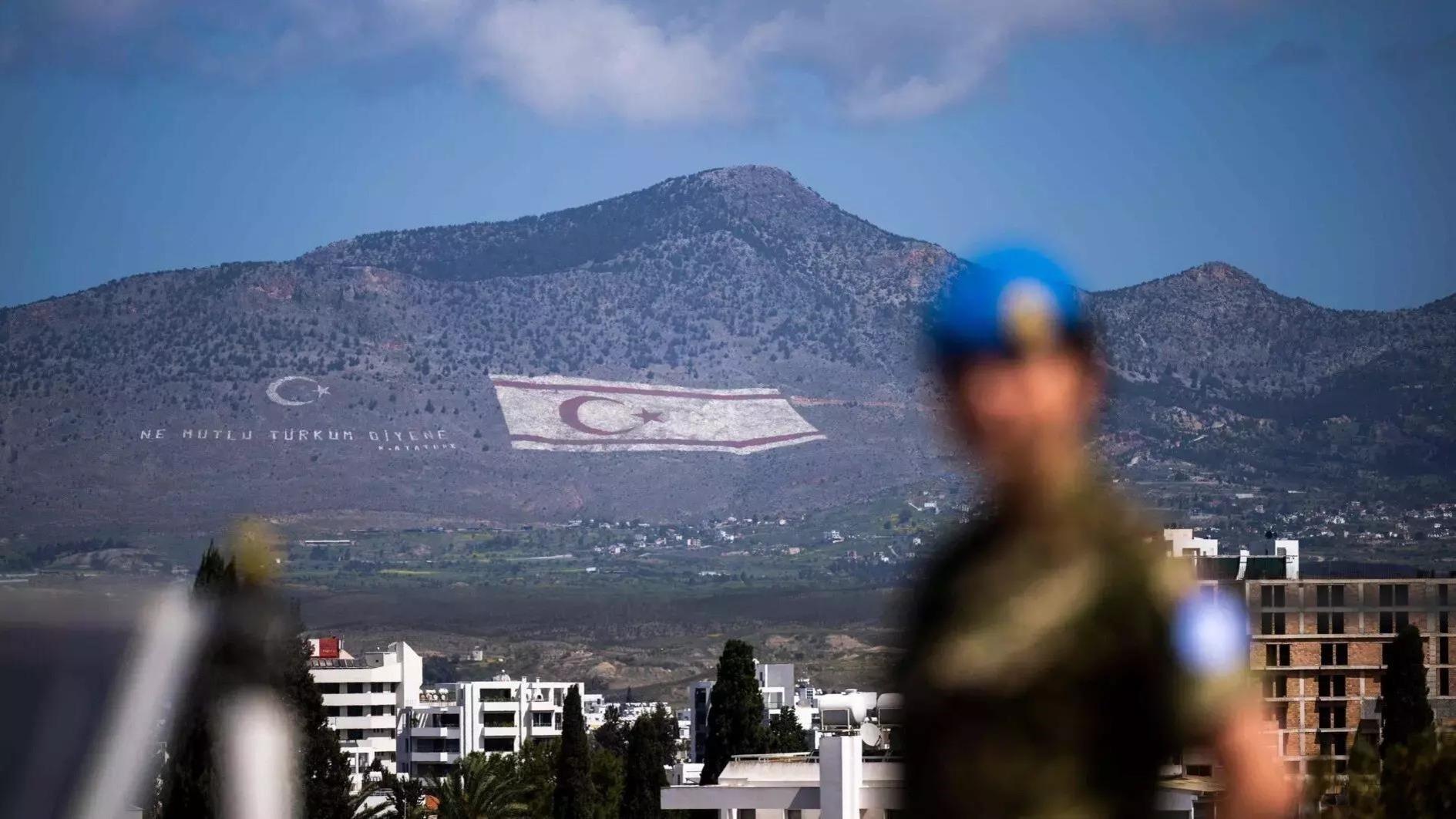Rhetoric good, credibility poor on climate change
From the very beginning, Turkey has had a very problematic relationship with climate change talks.
The United Nations Framework Convention on Climate Change entered into force in 1994, but it took a decade for Turkey to become part of it. As a member of the OECD, Turkey was considered to be a developed country, obliging Turkish governments to make commitments that would put additional burdens on its development plans.
Ankara wanted to be listed among the countries with economies under transition, meaning that it would only become party to the convention after completing the necessary transition. Since Turkey was not a party to the convention when talks started about an additional protocol, it did not even take part in the negotiations for the Kyoto Protocol. The protocol was signed in 1997 but again it took about a decade for Turkey to become party to it. But by the time Turkey approved the protocol in 2009, it had become apparent that new rounds of talks were bound to fail, and the U.N. climate summit in Copenhagen at the end of the same year duly ended in failure without securing any further commitments on emissions reductions.
From the start, the position of Turkey has been roughly along this line: “Climate change is a serious danger; but it is the result of efforts for development and Turkey cannot deviate from its path on development. It is rather unfair for the developed world, which has the biggest responsibility in polluting the world, to ask developing countries to undertake commitments that would add additional burdens to their efforts for development.”
This is probably still pretty much the prevailing mentality. In fact, when you look at the “wild performance” of the ruling Justice and Development Party (AKP), it is anything but environmentally friendly. According to Ümit Şahin from the Istanbul Policy Center, the Turkish government was relieved at the collapse of the Copenhagen summit. The lack of an international consensus for emissions mitigation set the AKP’s hands free to go ahead with its lust for fast development at the expense of all ecological sensitivities.
With “crazy projects” like Canal Istanbul on the agenda, it would be quite difficult to harbor any hope on Turkey’s possible stance for the upcoming climate change talks in Paris for 2015. However, President Recep Tayyip Erdoğan has committed Turkey to becoming party to a new agreement if there is a critical mass in Paris.
While Erdoğan’s visit to New York to attend the U.N. General Assembly was overshadowed by Turkey’s stance on the threat of Islamic State of Iraq and the Levant (ISIL), his speech at the U.N. climate summit was perhaps the most important highlight of his talks in the U.S. In fact, the fact that he attended the meeting was already a positive sign.
In addition, Erdoğan’s pledge to finalize work on greenhouse gas (GHG) emissions mitigation by the first half of 2015 and come up with a possible mitigation ratio was also positive. The fact that he did not use anti-Western rhetoric was also noted by experts.
Yet his speech contained passages that overshadowed these positive aspects, especially when he said Turkey had reduced its GHG emissions by 21 percent. This ratio is contested by experts.
“Turkey’s 2012 emissions are 133.4 percent higher than its emissions in 1990: 440 million tons, not 143 million tons,” wrote Ümit Şahin in Green Gazette. “This 21 percent ‘story’ is probably formulated like that: If Turkey did not pass from coal in heating to natural gas [between 1990 and 2012], and if energy intensity did not go down by 20 percent, our emissions would have been 555 million tons rather than 440 million; therefore by keeping our emissions at 440 million tons via the policies we implemented, we had a 21 percent mitigation from the expected levels!”
In short, the rhetoric about intentions is good, but Turkey should refrain from trying to fool the world.











